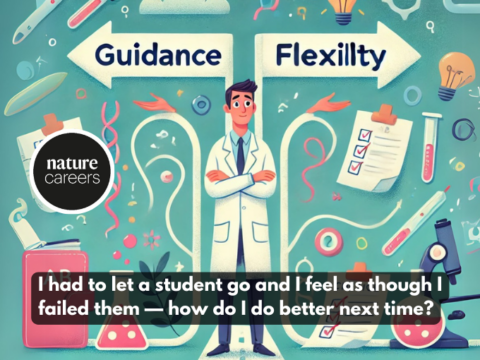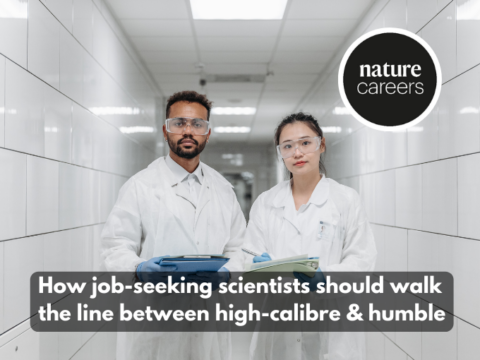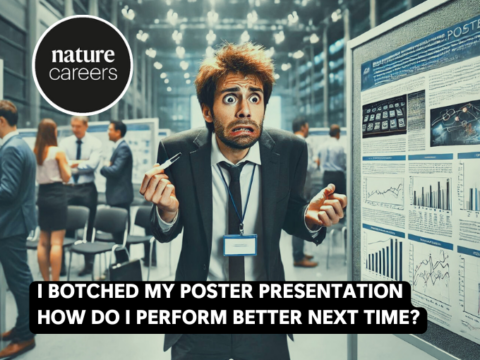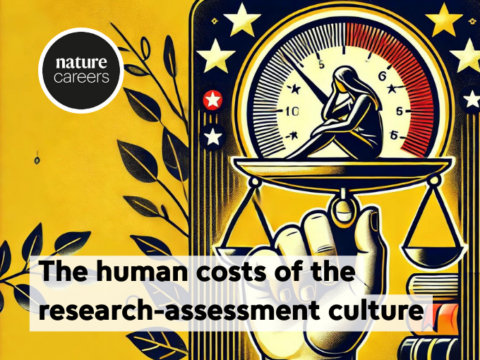
Thanks to Hannah Olinger for sharing their work on Unsplash.
Since my school days, long before I started working on a microbiology PhD at Colorado State University in Fort Collins, I have kept a handwritten journal to log my thoughts and feelings as a means of self-expression. My journal helps me to piece together disjointed everyday experiences so that I can ultimately reflect and learn more about myself and the world. This habit has inspired me to maintain a scientific notebook for each project I work on. The notebooks stay behind in the laboratories I’ve worked at, for others to consult. I have found a handwritten scientific notebook, annotated with detailed observations, to be irreplaceable. Looking back to when I was an aspiring scientist and writer, I now realise that keeping two journals, one at home and one in the lab, has taught me to observe the natural world and record my thoughts in an organised manner, often through small but persistent bouts of writing.
Read the full article here to find out how journaling has made Adeline a better scientist and a better writer. Providing a platform to record her unedited observations, which can later be made sense of.
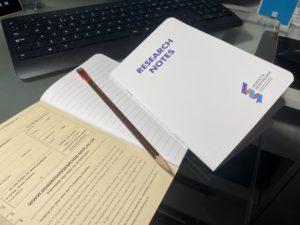 Earlier this year we designed and produced our own ‘Dementia Research’ research note books. Te get your hands on one, all you need to do is contribute to our site through a blog, podcast or webinar. Drop us a line and one of these great books could be yours.
Earlier this year we designed and produced our own ‘Dementia Research’ research note books. Te get your hands on one, all you need to do is contribute to our site through a blog, podcast or webinar. Drop us a line and one of these great books could be yours.
- Unique designed internal front and rear covers
- Four colour printing on both sides
- Black throughout
- 350gsm White Offset 100% Recycled (FSC) paper, 80gsm White Offset 100% Recycled (FSC)
- Finished in Soft Touch Laminate and Spot UV outer cover
- Score cover, collated, folded with two silver wire saddle stitch
- Trimmed to 121mm x 190mm 4pp + 64pp, with rounded corners on fore edge.
Email us at dementiaresearcher@nihr.ac.uk to discuss how you could contribute. We welcome contributions that offer advice and support to our global community early career dementia researchers across academia, industry, healthcare and other sectors.

 Print This Post
Print This Post